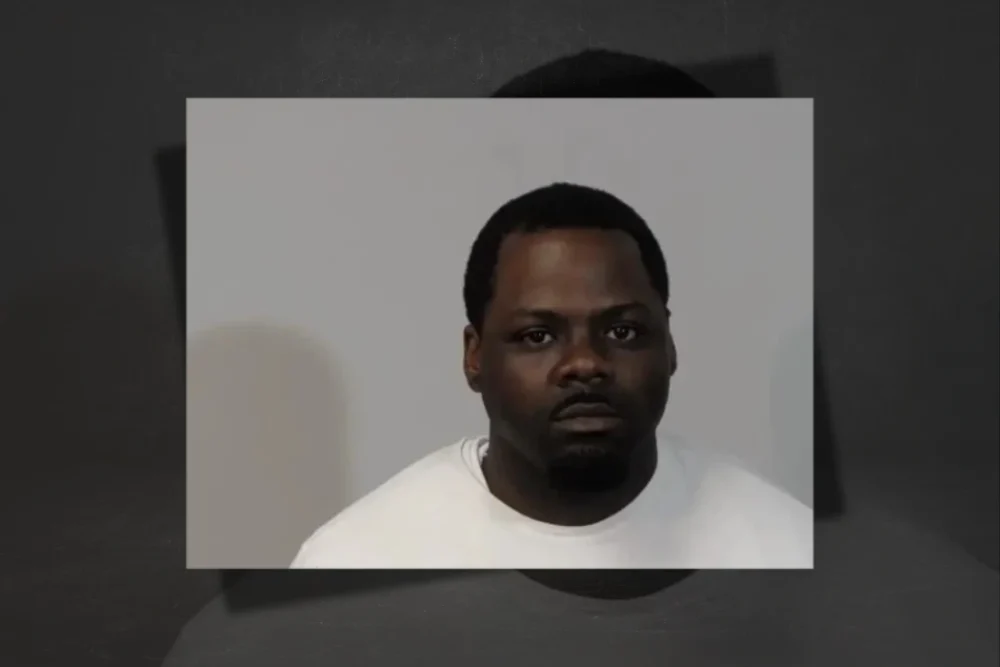The statistics have long painted a grim picture: less than 2% of teachers in America are Black men, while Black students make up nearly 16% of the student population. States like New York have launched initiatives to recruit more Black men into education as they understand the impact this representation gap has on young Black students who rarely see themselves reflected in their teachers.
The push for more Black male educators is the understanding that these teachers often serve as more than just instructors; they become mentors, father figures, and living proof of what young Black students can achieve. Vincent Weaver seemed to embody these characteristics. When the 29-year-old joined George Washington Carver Academy in Highland Park, Michigan, in August 2023 as a fine arts teacher and dance team coach, he appeared to represent exactly what advocates had been calling for: a young Black man ready to inspire and guide students through creativity and movement.
For nearly two years, students appeared to flourish under his guidance. The dance team improved, performing routines he choreographed. In his fine arts classes, children explored their creativity in culturally affirming ways. This was a success story to outside observers, a Black male educator lifting up community children.
On May 2, 2025, that narrative was shattered in the most devastating way possible.
A sex toy fell from Weaver’s bag during class. At that moment, the careful facade he had maintained began to crumble, exposing a horrifying reality about someone who had appeared to represent progress in education. What emerged was individual criminality and how predators can exploit the causes society champions.
An investigation revealed that Weaver had allegedly been sexually abusing a 12-year-old student over a four-month period. This wasn’t a momentary lapse in judgment or a single incident. This was systematic grooming and repeated sexual assault of a child on the very school grounds where the community had entrusted him to teach and protect students.
The brave child who came forward on May 15, two weeks after the classroom incident, showed incredible courage in breaking their silence. One can only imagine the confusion, fear, and trauma this young person endured, struggling to understand what was happening to them at the hands of someone who was supposed to be a mentor and guide.
Even after being suspended and barred from school events, Weaver’s disturbing behavior continued. On May 16, he disguised himself as an elderly woman, complete with a wig, surgical mask, and oversized clothing, and snuck into an off-campus dance performance featuring the very routines he had choreographed. His actions were both pathetic and terrifying: a predator so desperate to maintain access to children that he would resort to elaborate disguises.
School security took swift action after noticing something crooked about the disguise, and Weaver was arrested at the event. Now, he is sitting in jail on a $250,000 cash bond, classified as both a flight risk and a danger to public safety, facing charges of first-degree and second-degree criminal sexual conduct and indecent exposure.
The saying goes: Two steps forward and one step backward. Despite the egregious actions of Weaver, community support for black teachers and other diverse educators is still required and shouldn’t be tainted by his actions. Data still shows that representation matters immensely for student outcomes and engagement. For every Vincent Weaver, there are countless Black male educators who pour their hearts into teaching, who sacrifice their own comfort to ensure their students succeed, who understand the weight of representation and carry it with honor.
Weaver’s actions were the antithesis of everything positive representation is supposed to achieve. He exploited both his position and the cultural significance of his presence in the classroom, taking advantage of the very trust that communities place in educators who share their children’s identity.
The children at George Washington Carver Academy, particularly those who worked closely with Weaver, will need extensive support to heal from this betrayal. The school and local authorities have rightly encouraged any other potential victims to come forward, recognizing that predators often have multiple victims. Counseling services and support resources are being provided, but the psychological impact of this violation will likely last far longer than any legal proceedings.
Vincent Weaver has not just betrayed a child and their family; he has betrayed every Black male educator who works tirelessly to be a positive force in children’s lives. He has betrayed every advocate who has fought for greater representation in education. He has betrayed every community that celebrated diverse hiring and believed in what such representation could mean.
Cases like Weaver’s cannot be ignored, but they also shouldn’t derail necessary conversations about representation. But we know the stigma: When a Black educator commits such crimes, it doesn’t just harm the immediate victims, it potentially damages efforts to increase representation in education.





